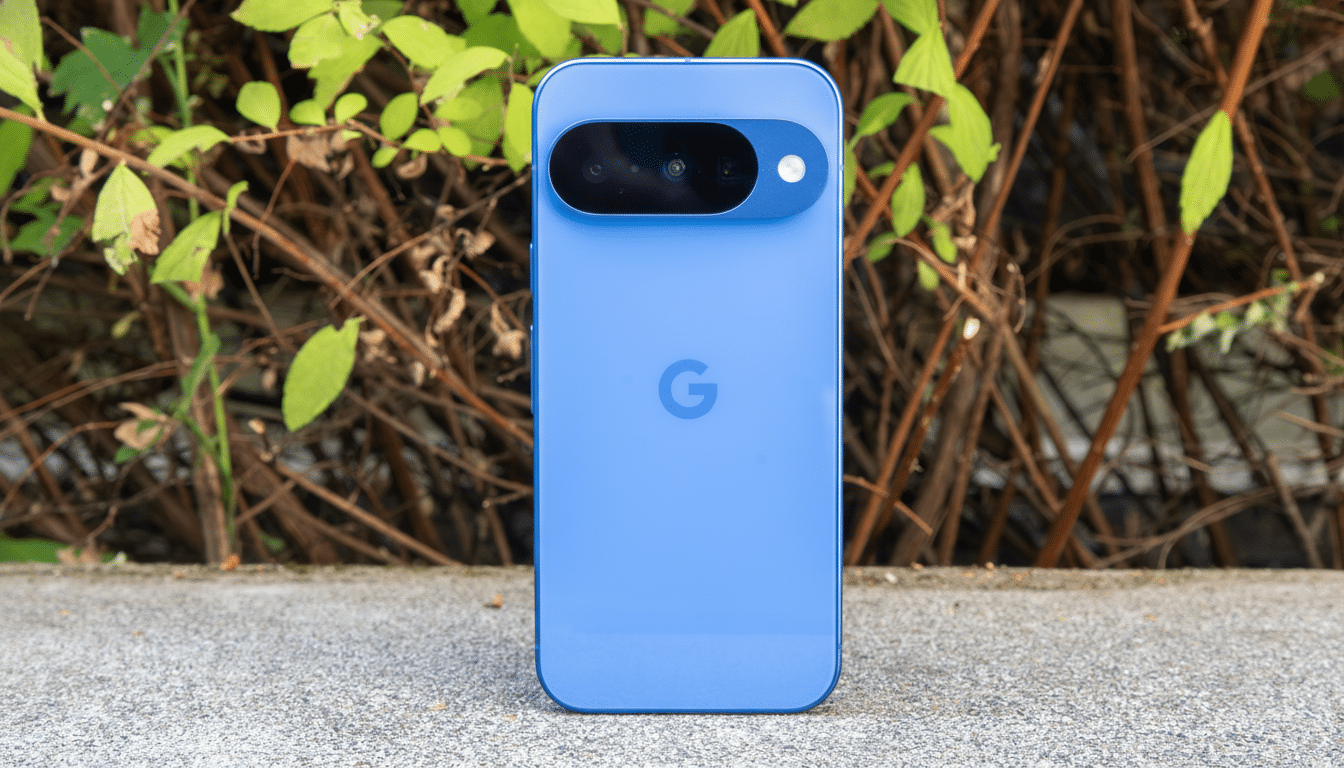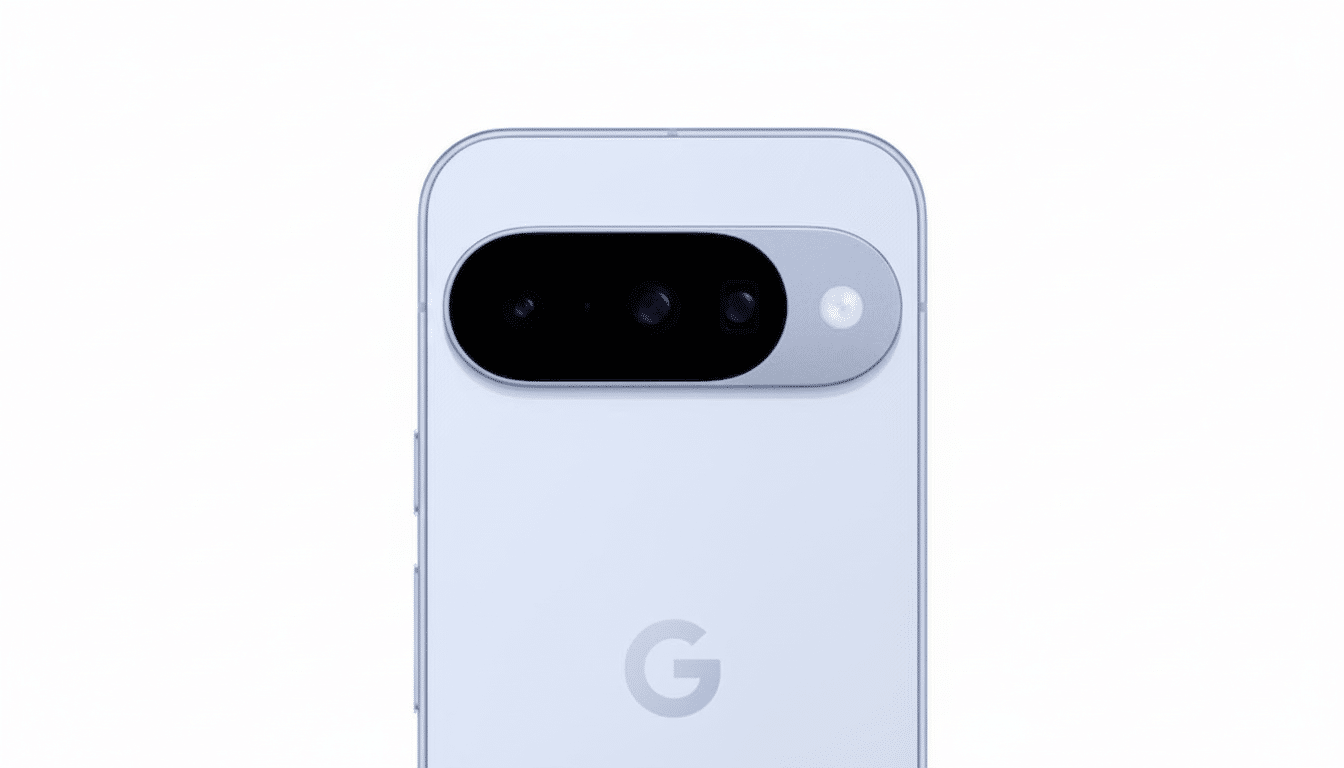Apple’s iPhone 17 will succeed on brand appeal alone, yet while at a base price of roughly $799 you’ll get an iPhone, you still want maximum capability, and there are a few Android phones with more camera versatility, faster charging and smarter software.
As Android manufacturers out-innovate one other in key areas like imaging and battery tech, your dollar goes further without losing polish.

“Competition in the Android smartphone market is palpable as the merchants in the mid to premium band play a cynical game, with the merchants involved in relentless feature catch-up everywhere,” says market watchers at Counterpoint Research. That pressure shows up in the incontestable value here: optical zoom at the base level, multi-day batteries and AI tools that address daily nuisances. Here are five standouts that blow the iPhone 17 away for most buyers.
Google Pixel 10
If pictures are important, this one’s a no-brainer. The Pixel 10’s triple-camera system incorporates a dedicated telephoto lens with significant optical reach, provided it with framing possibilities the iPhone 17 does not have. From school recitals to stadium seats, 5x optical zoom just brings home usable shots that digital zoom tends to turn to mush.
Google’s on-device smarts pull their weight, too. Call Assist will answer and screen spam — truly a joy in an age when the F.T.C. identifies unwanted calls as the top consumer complaint — while Recorder’s live transcription and Now Playing ambient music ID are like the magic you actually use. Long term support is strong here, too, with Google’s recent Pixel generations all promised quite a bit of time in terms of OS and security updates.
Samsung Galaxy S25
Want the best-of-the-best performance and a premium, mainstream feel? The Galaxy S25 combines Qualcomm’s newest flagship silicon with one of the brightest, most color-accurate displays in its class, while re-evaluating the quintessential Samsung smartphone’s design and features for a new era. Day-to-day, performance is snappy and gaming thermals are impressively tamed by Samsung’s refreshed cooling concoction.
The camera array has the basics — wide, ultrawide and a proper telephoto — so you’re not forced to crop. Galaxy AI features like on-device translation and smart photo editing are actually helpful, not just gimmicky. Even more importantly, Samsung now ties industry-leading software longevity with up to seven years of OS and security updates across its flagship line.
OnePlus 13R
For just under $599 the 13R is the value assassin. You get a large, sharp 120Hz AMOLED display, a speedy Snapdragon chip and battery life that will easily last through a weekend, even under light use. OnePlus’s fast charging continues to make everyone else look stupid; independent lab tests of previous OnePlus phones consistently recorded sub-35-minute full charges, and the 13R carries on that traditions.

The cameras are set up for punchy, social-ready shots, and the 2x optical telephoto adds some flexibility at the price. OxygenOS continues to be one of the speediest Android skins, and OnePlus recently increased the number of updates it offers during a phone cycle with multiple Android version bumps and lengthy security support — good for the money.
Nothing Phone 3
If personality matters to you in a performance, the Phone 3 is a favorite. The translucent aesthetic and Glyph interface are more than just eye candy, they offer at-a-glance status and app-specific lighting. Beneath the glass it serves up snappy performance, a fine flat 120Hz display and charging speeds that will have some flagships idling in the slow lane.
Photography is quietly solid, with a balanced main sensor and a 3x optical zoom for popping portraits. Nothing’s software approach is minimal and bloat-free, the phone looking rather clean, with limited aesthetic and plenty of thoughtful tweaks that feel more like clean touches as opposed to heavy-handed overlays. The result is a phone that feels fresh without neglecting the fundamentals.
Motorola Razr (2025)
Looking for something the iPhone 17 can’t do? Fold it. The new Razr has an even larger inner OLED screen than the Galaxy Z Flip’s but folds down to an incredibly pocketable square, with a useful outer screen for running your core apps (great for replying to a text, navigating or making payments without having to open the phone). And at roughly $699, it is also one of the cheapest foldables.
The hinge has improved from generation to generation, with tighter, more robust hinges and better crease manipulation. The cameras are more about wide and ultra-wide than telephoto, but the form-factor lends itself to fresh photo angles and hands-free capture. DSCC just reported that foldable shipmants will exceed tens of millions in a couple years, and the Razr is an examples of why: convenience, fun and fewer compromises than you’d expect.
Why these are better than the iPhone 17
Between them, there are some genuinely useful advantages: real optical zoom at the budget level, charging that goes from red to full before Apple finishes lunch and a slew of AI features to solve everyday pain points. Samsung and Google at least rival industry-leading software support, while OnePlus and Motorola undercut on price without being “budget.” If you’re spending around $800 — or less — these Android picks just offer more phone for the money.

